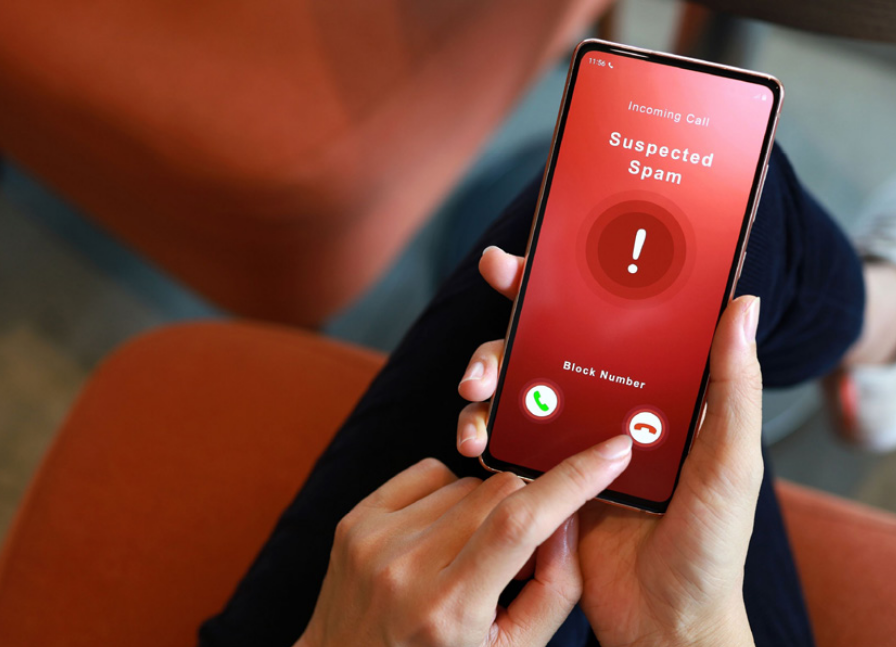Scams
Scammers try to trick you into giving information and/or money. Scammers pretend to be a person you trust or an organization you know. Scammers sometimes ask you to send them gift cards as payment. Real organizations will never do this.
Email Scams
You should always check the email address of the person emailing you, especially if they want information or money. Watch for strange spelling or word choice in emails. This often means the email is a scam. It is almost always a scam if an email asks you to send gift cards.
Be careful when clicking links or pictures in your email. Scammers can use those links to steal information from your computer or phone. An email from an organization may ask you to call them using the number listed in the email. Instead, look up the number on the organization’s website.
Your bank will never email you to call or click on a link. Call your bank if you are unsure about an email that looks like it came from your bank. Your bank’s phone number is often on the back of your debit or credit card on the bank website.

Phone Scams
Scammers sometimes call and claim to be someone you know or from an organization. Never give out personal information to someone you do not know on the phone. Let the call go to voicemail if you do not recognize the number and are not expecting a call.
Text Scams
Scammers also send fake text messages to trick you into giving your personal information. Often scammers will send a link that might take you to a fake website or install a virus on your phone.
Examples of ways scammers might try to trick you include:
- Saying you won a prize
- Send a fake package delivery notification
- Claim there has been suspicious activity on one of your accounts
Never click on a link from a number you do not know. If you think a text is a scam, you can report it as spam in your text messaging app.

What to Do if You Think You’ve Been Scammed
- Do not talk with the scammer anymore.
- Change passwords on the affected accounts right away.
- Call your bank if the scammer had access to your account, right away.
Scams can sometimes be called financial abuse. If you want to learn more about financial abuse, you can look at these online resources: Charting the LifeCourse Abuse Awareness and Prevention.